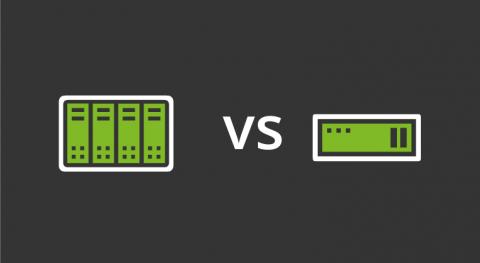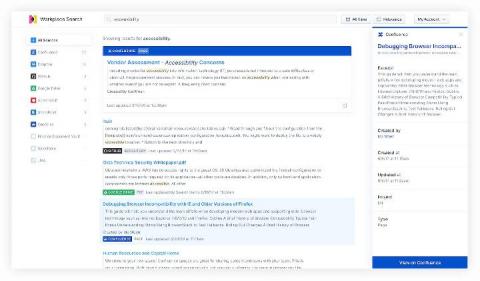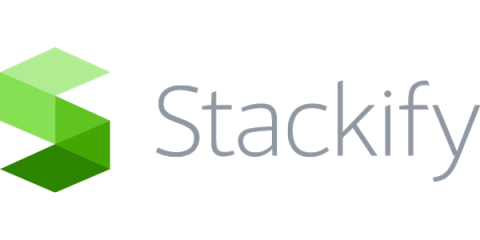Blade servers vs rack servers. Fight!
Choosing between blade servers or those intended to go installed in a rack is a small headache that is repeated daily in the complex minds of technicians around the world. What configuration to choose? What can best serve my installation? These are questions that are repeated while they pull out their silvery and silky hairs.










